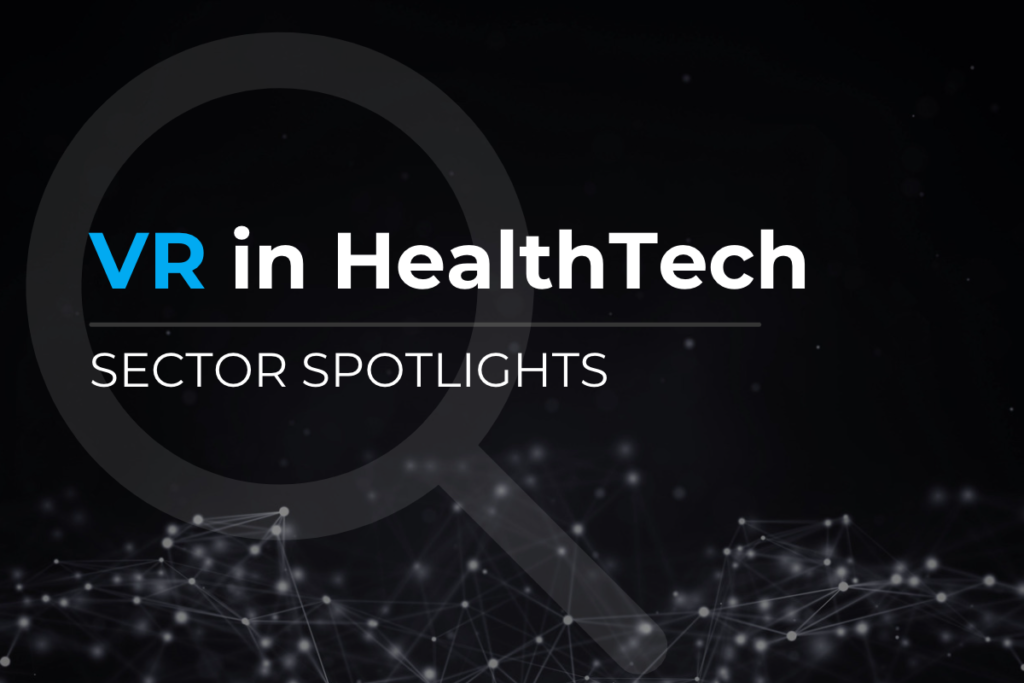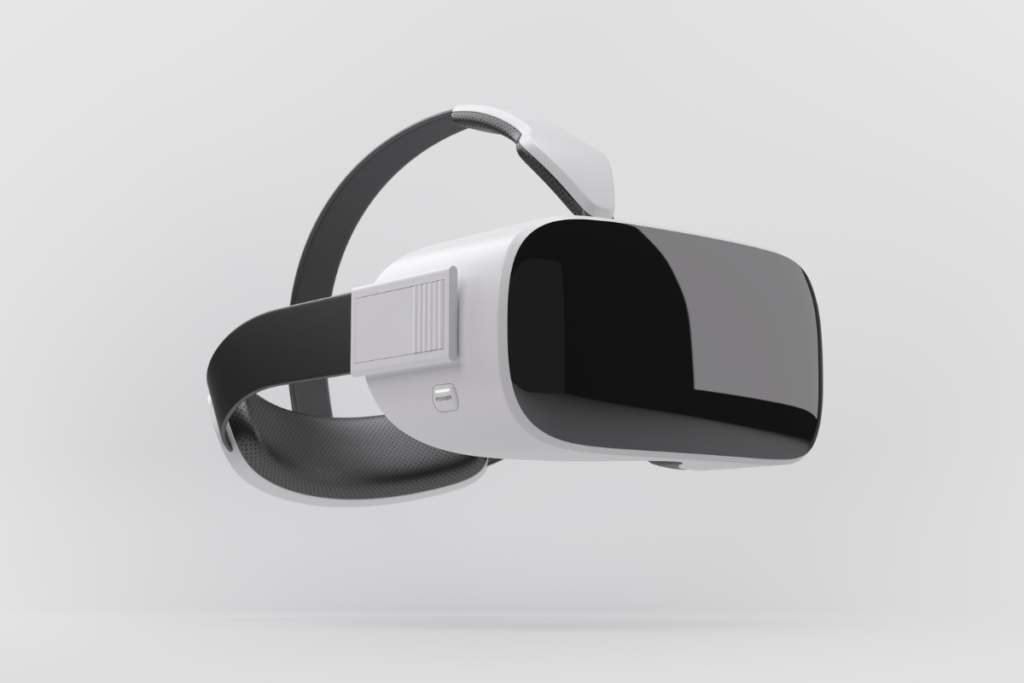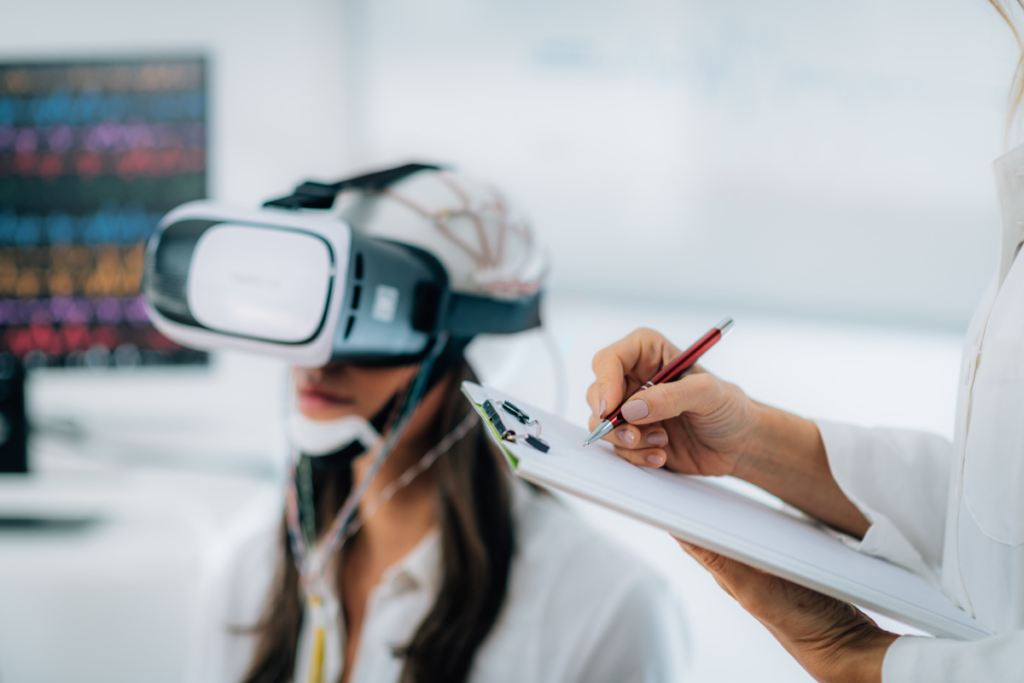
Virtual reality (VR) is an emerging technology that is transforming the way we approach healthcare. By providing immersive and interactive experiences, VR is changing the way we diagnose, treat, and manage medical conditions. In this article, we’ll discuss what VR is, its uses and benefits, practical applications, current challenges, and future developments.
What is VR?
VR is a technology that allows users to experience computer-generated environments through a headset or other devices. The headset tracks the user’s movements and adjusts the image and sound to create a sense of presence and immersion in the virtual environment.
Uses of VR in Healthtech
In healthcare, VR is being used for a variety of purposes, such as medical training, pain management, and exposure therapy. Medical students can use VR to practice procedures in a safe and controlled environment, while patients can use VR to manage pain and anxiety during medical procedures. VR is also being used to treat phobias, anxiety disorders, and PTSD by exposing patients to virtual environments that simulate the source of their fear or anxiety.
Benefits of VR
The benefits of VR in healthcare are numerous. VR can provide a safe and controlled environment for medical training, reducing the risk of errors and improving patient outcomes. VR can also reduce the need for medication and anesthesia during medical procedures, which can lead to faster recovery times and reduced costs. VR can also provide a more comfortable and immersive experience for patients, reducing anxiety and improving overall satisfaction.
Current Challenges and Future Developments
One of the current challenges of VR in healthcare is the cost of equipment and software. Additionally, there is a need for more research to fully understand the effectiveness of VR in treating medical conditions. However, as the technology continues to evolve, we can expect to see more affordable and accessible VR solutions in the market.
In the future, VR could also be used for remote medical consultations, allowing patients to receive medical advice and treatment from the comfort of their own homes while still having a fully immersive experience.
In Summary
VR is a promising technology that has the potential to revolutionize the way we approach healthcare. By providing immersive and interactive experiences, VR can improve medical training, pain management, and exposure therapy. While there are still challenges to overcome, the future of VR in healthcare looks bright, with the potential to improve patient outcomes, reduce costs, and increase accessibility to medical care.
SciQ is a specialist HealthTech recruitment company, working with leading HealthTech organisations. If you’re interested in a career in HealthTech, contact us to learn more.



